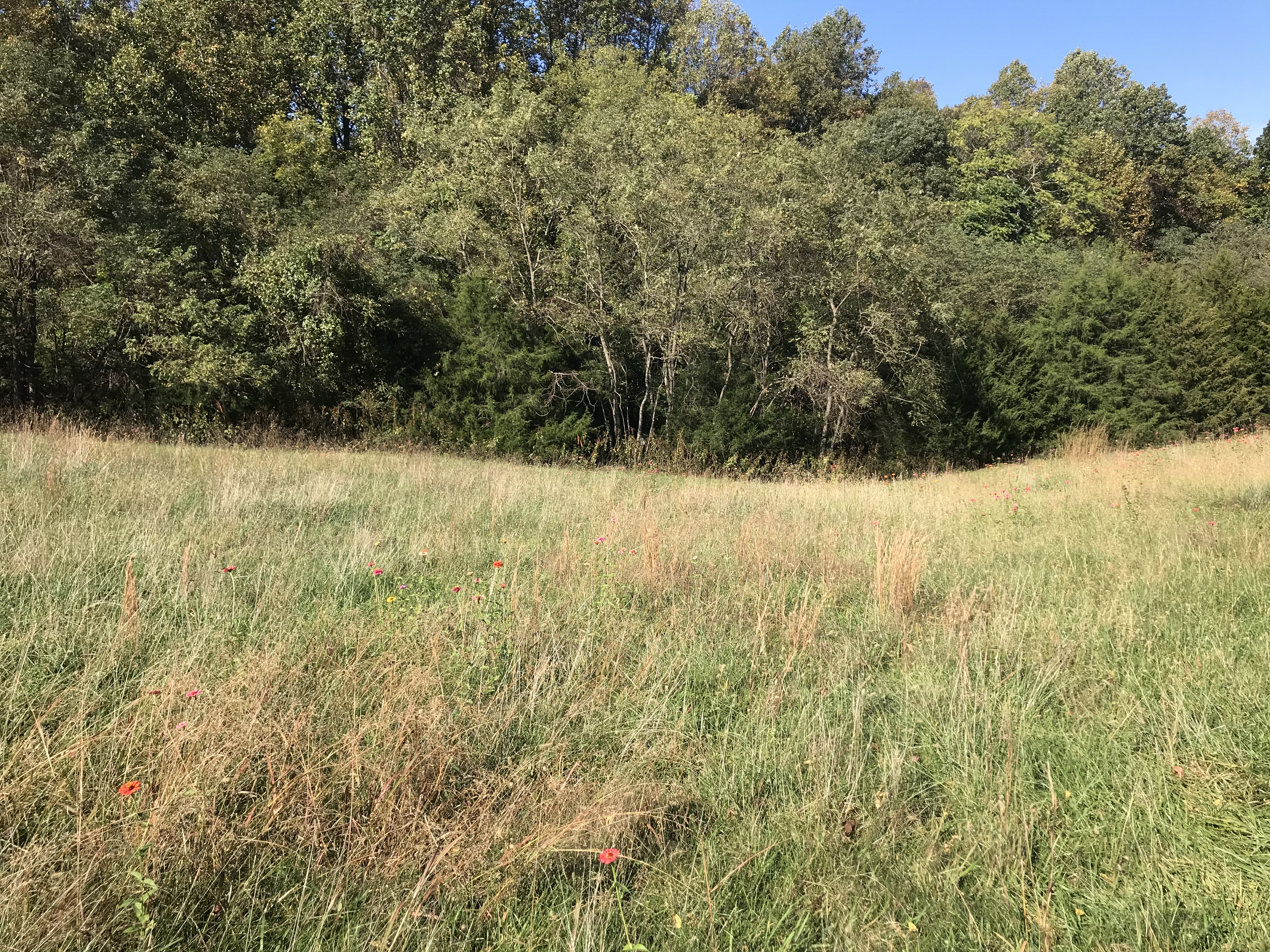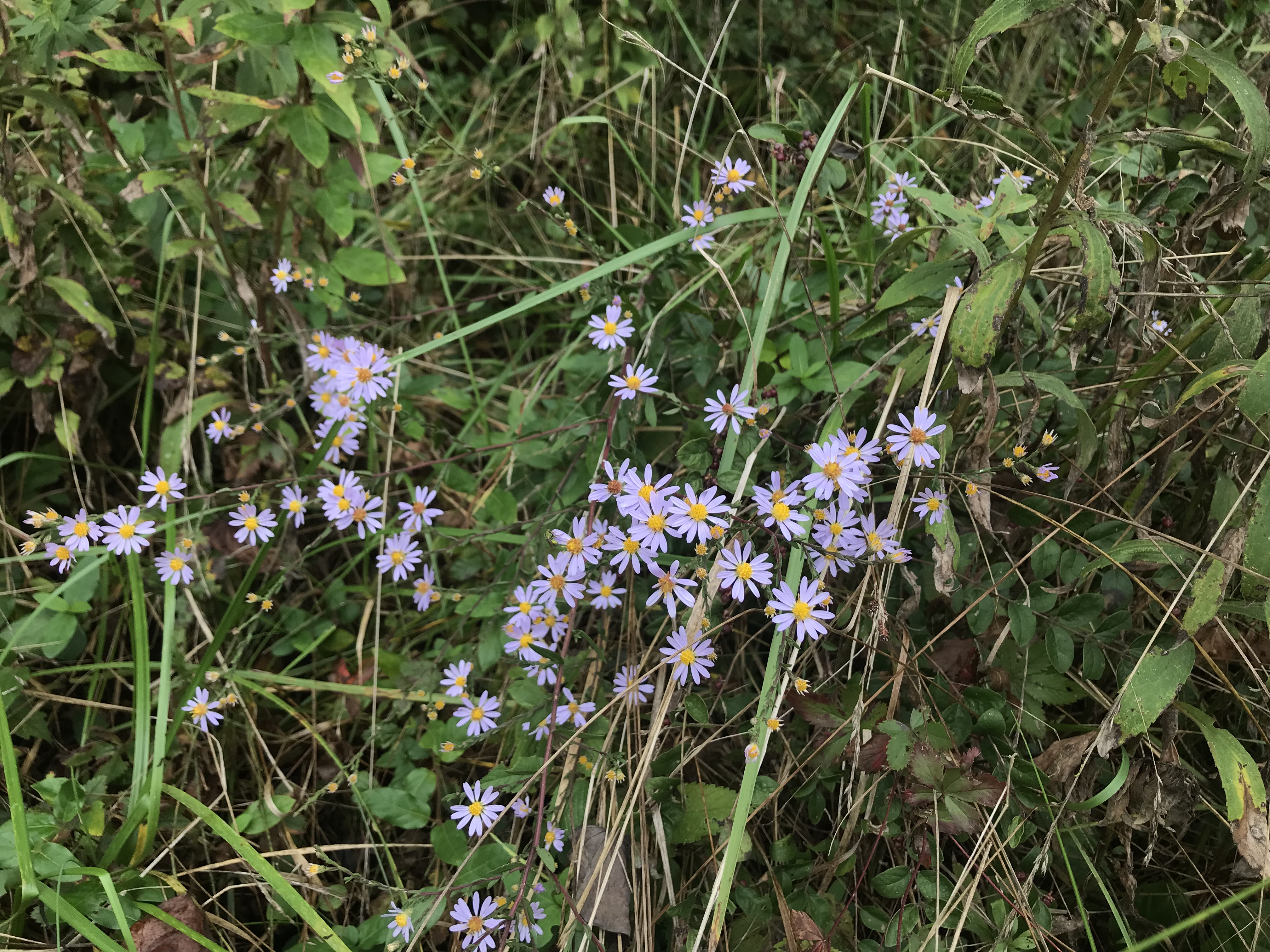The Virginia Wildlife Habitat Cooperative, a sector of the Center, is working with residents of Gordonsville, VA to develop pollinator and quail corridors through neighboring land parcels. These corridors are simply designated areas on the owner’s land that we work with to promote an environment that is as close to its natural state as much as possible. We do this by removing non-native grasses and other vegetation to allow for the regrowth of native grasses and wildflowers. Often times native species will slowly begin to appear on their own after the competition is reduced through sustainable land management practices. However, sometimes it is necessary to seed or directly plant native species in the ground to boost their presence and establishment in the area. These designated natural areas can be small plots within a yard or large meadows multiple acres in size.
The most important factor among these projects is to promote and manage the growth of native vegetation. A major reason we choose to focus on promoting the growth of native vegetation, as opposed to non-native vegetation that may be seemingly common, is because many insects and animals are reliant on native vegetation for food and shelter. Without enough native vegetation to meet the demands of wildlife, important species decrease in population year after year. Take the Monarch butterfly, for example, this is a species that solely relies on the presence of Milkweed, a flowering plant that is native to VA, that Monarch larvae exclusively feed on. Without Milkweed, Monarch butterflies would not have a desirable plant to lay their larvae on and their caterpillars would have nothing to feed on. There are multiple similar examples of these relationships between plants and pollinators in nature, some of which we may not fully understand the extent of, but can certainly help to promote.
While a large part of our work has to do with creating more natural areas for pollinators, we are also focused on promoting habitat for quail. The quail population has faced a significant decrease in Virginia primarily due to habitat loss. Since quail are ground-dwelling birds, they require habitats with low shrubby vegetation and large areas to roam. By promoting the growth of native warm-season grasses, such as Indian grass and little bluestem, we can help provide more sources of food and shelter for these birds.
We believe that every single project we work with landowners on to promote pollinator and quail habitats counts, no matter the size. This is why we came up with the goal to quilt these projects together. By connecting our ongoing projects with other nearby landowners in Gordonsville we can maximize the impact we have on pollinators and quail in our area while building a tight knight community.


